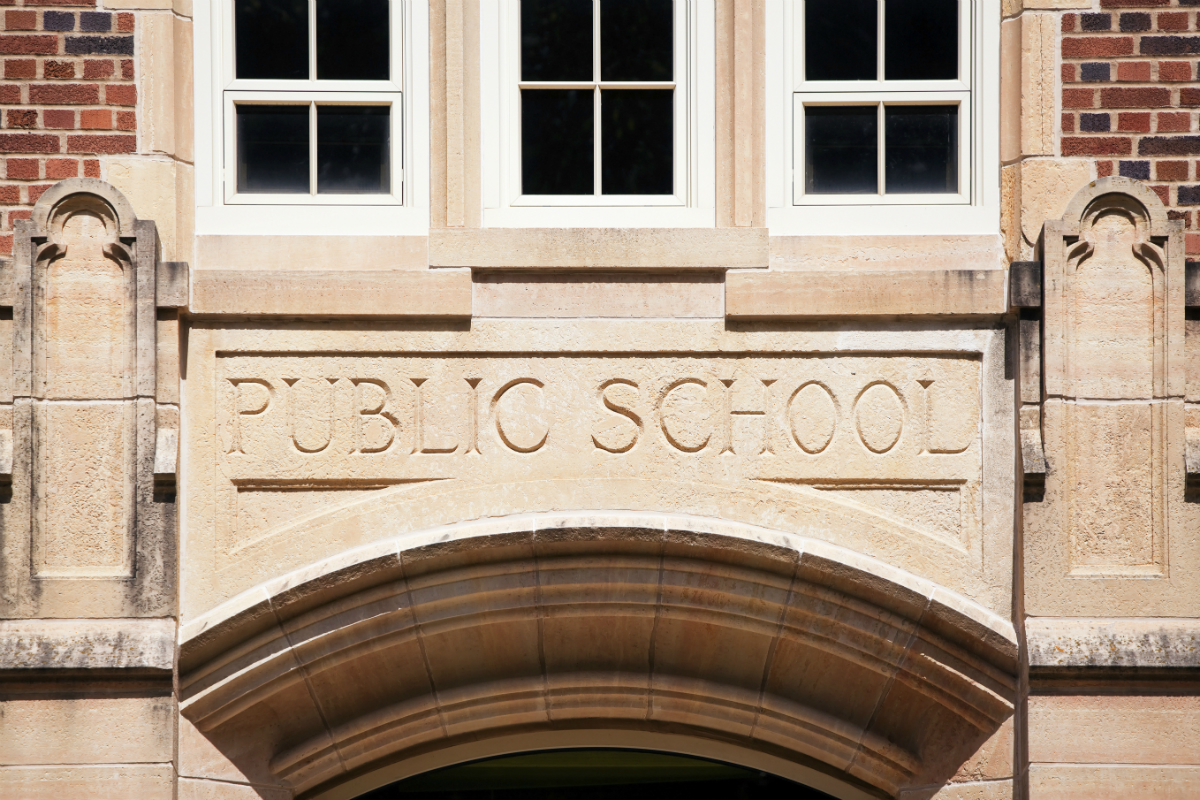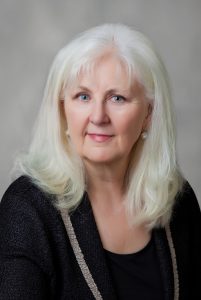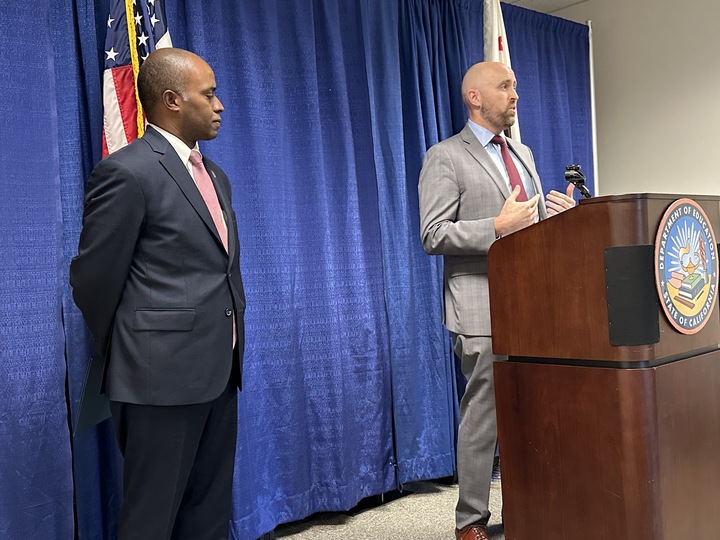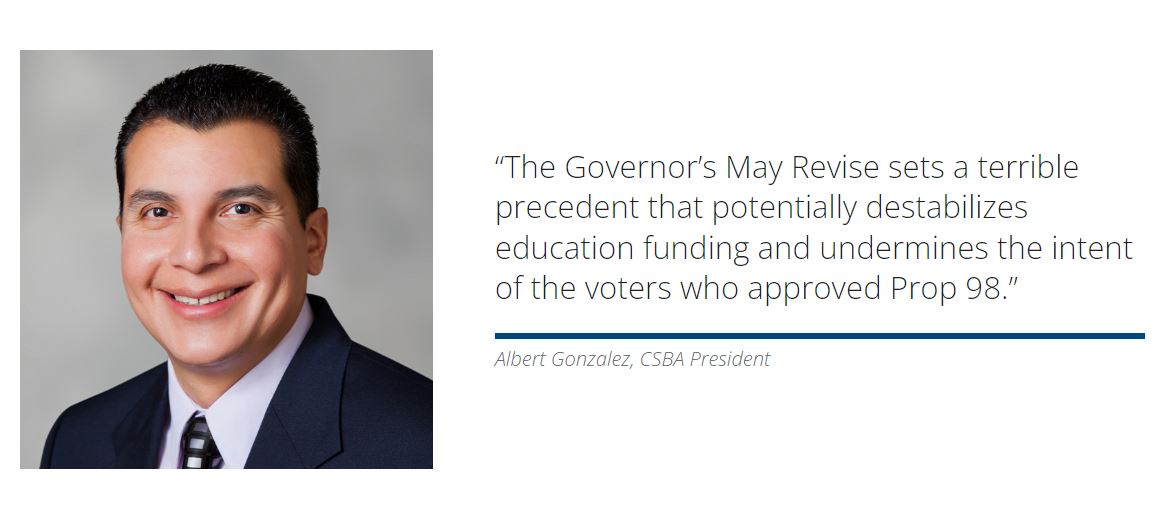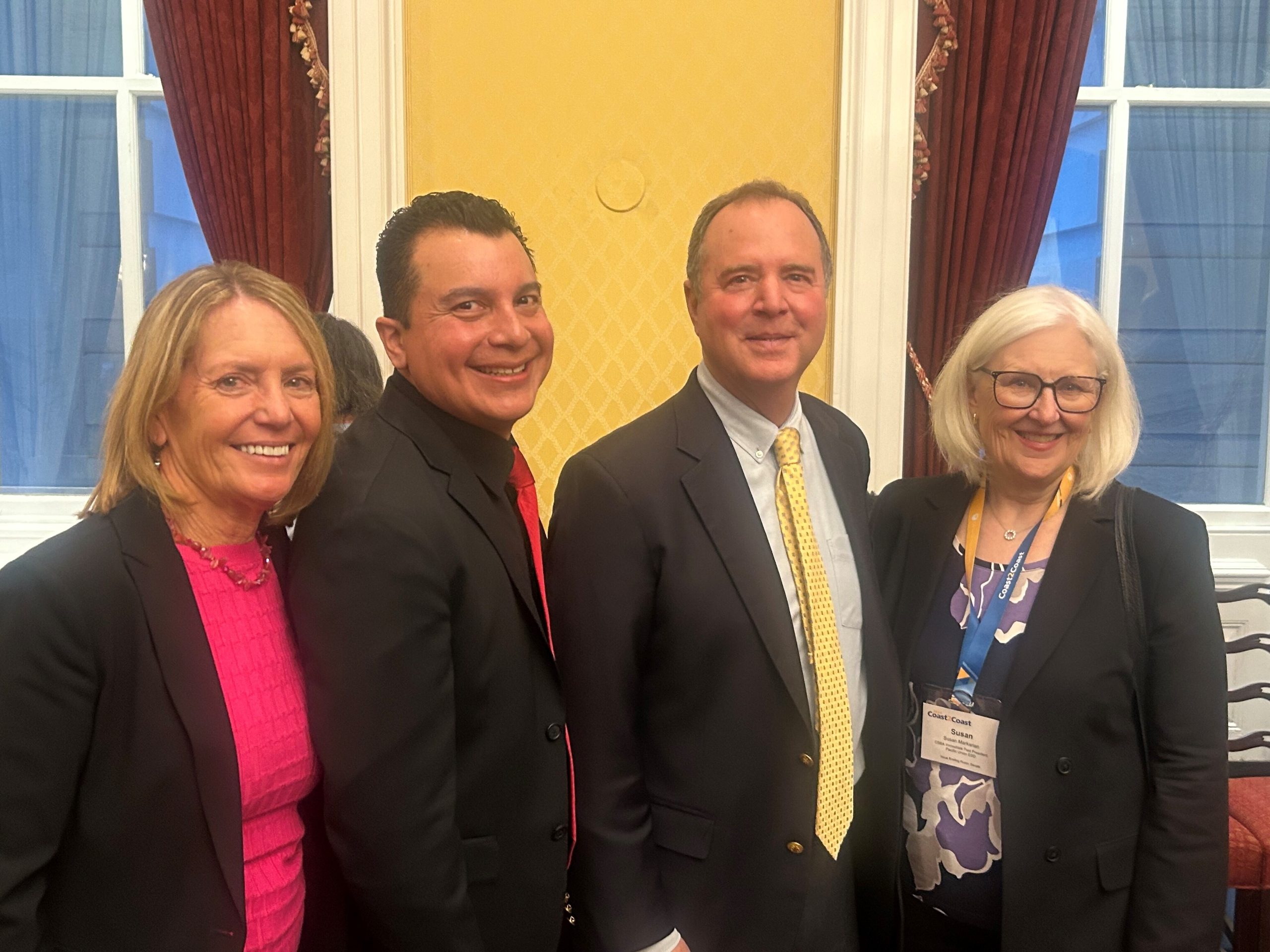By Susan Markarian, CSBA President
Phyllis McGinley, a Pulitzer Prize-winning essayist and poet said, “Compromise, if not the spice of life, is its solidity.” Constitutional law expert Alexander Bickel opined that, “No society, certainly not a large and heterogeneous one, can fail in time to explode if it is deprived of the arts of compromise, if it knows no way of muddling through.” And noted philosopher Mick Jagger told us that, “You can’t always get what you want, but if you try sometimes, well you might find, you get what you need.”
Despite these reminders, it seems our society has forgotten the importance of compromise. Weighing different viewpoints and arriving at a solution that was perfect for no one — but acceptable to almost everyone — was once a hallmark of the American public. Now, we struggle to find common ground on event the most pedestrian topics.
Nowhere is this more visible than in the conflicts raging around our public schools. We have seen the fires of partisanship break out before, but never with the intensity of the past couple years. And now the flames of division are flickering around the edges of CSBA, which has always tried to rise above ideology to find a middle path that can work for a state as large and diverse as California.
It can be tempting to assume that there is bias at play. Sometimes I hear complaints that CSBA is too concerned with the interests of smaller districts. At the same time, I hear from other members that CSBA is overly influenced by the large urban districts. Both of these arguments can’t be true.
The reality, like most things, is somewhere in the middle. CSBA is a bunch of a little districts. It’s also some very large districts and every size between the two. Our charge is to represent all districts without malice or favor. So, when each demographic thinks we’re tipping the scale the other way, it’s a decent indication that we’re striking the right balance.
It’s not unlike the plight of a referee in a sporting contest. Often, after a big game, you’ll hear fans of one team say the referee or umpire was biased against their squad. At the same time, fans of the other side say the game was fixed and the ref was working against them. The great majority of the time, the reality is that the referee has a difficult job and has to make some tough judgment calls that people will perceive in various ways.
CSBA makes tough judgment calls every day related to our legislative agenda, legal advocacy and member services. We consider the school district with three students and the school district with 460,000. The goal is to provide the resources, training and guidance governance teams need to support student success. I think we can all agree on that. Yet, if we focus our energies internally and against one another, instead of externally in service of our goals for schools and students — we all lose. Yes, compromise means no one gets exactly what they want. But if you try sometimes, well you might find, you get what you need.


